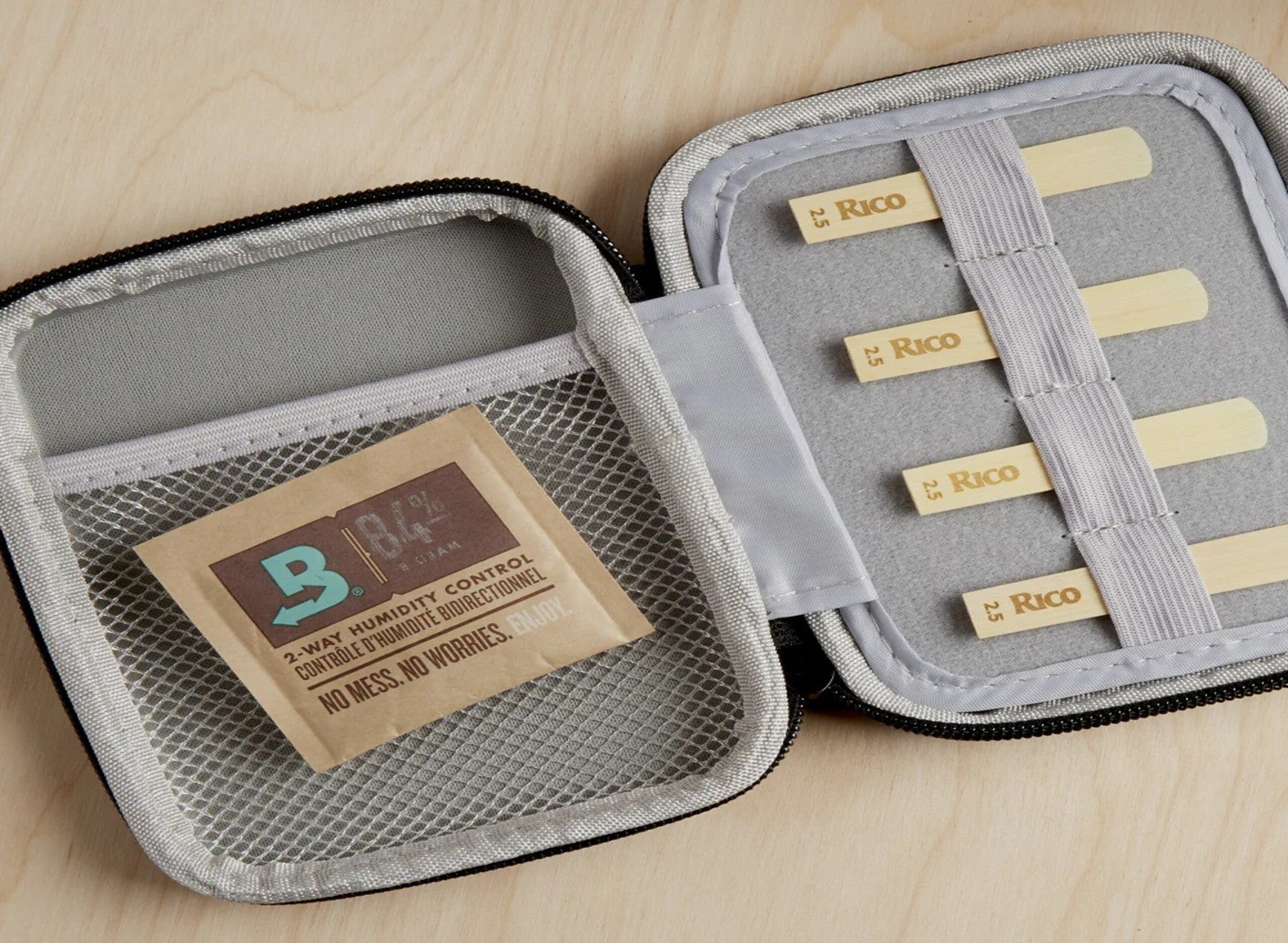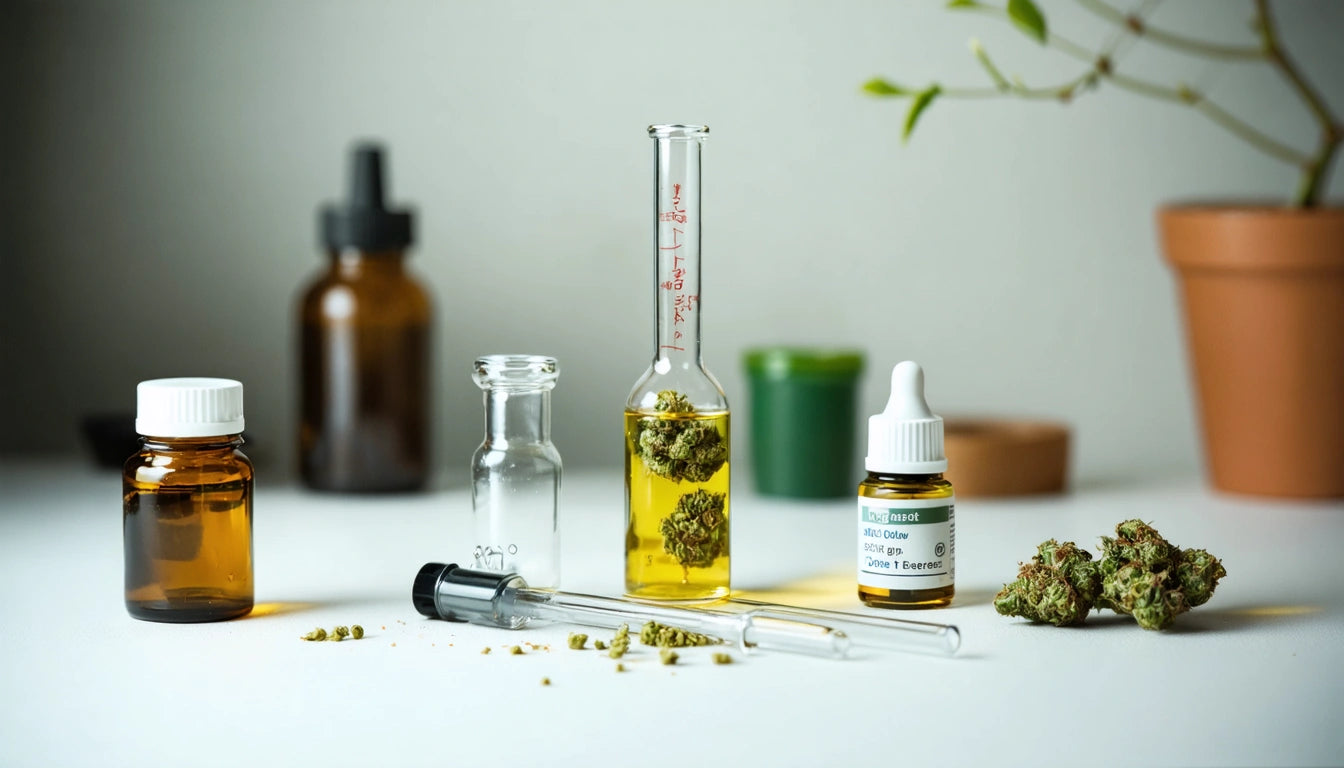Table of Contents
Mastering the Art of Rolling: A Guide to Rolling Up Backwoods and More
Learning how to roll up is a fundamental skill for cannabis enthusiasts. Whether you're wondering how to roll a Backwood or simply how do you roll up effectively, this comprehensive guide covers everything from basic techniques to advanced methods. Rolling is both an art and a skill that improves with practice, and mastering different styles can significantly enhance your smoking experience.
Rolling Basics: Essential Tools and Preparation
Before diving into specific techniques, it's important to gather the right tools. For any successful roll, you'll need:
- Quality rolling material (papers, blunt wraps, or Backwoods)
- Grinder for consistent texture
- Rolling tray to prevent waste
- Filter tips or crutches (optional but recommended)
- Poker tool for packing
Proper preparation is crucial when learning how to roll one up. Mastering various rolling techniques begins with grinding your material to the right consistency—not too fine that it burns too quickly, but not too chunky that it creates an uneven burn.
How to Roll a Backwood: Step-by-Step Guide
Step 1: Unravel the Leaf
Backwoods cigars are different from traditional blunt wraps because they use a whole tobacco leaf. To begin:
- Find the seam where the leaf ends
- Gently unravel in a spiral motion
- Take your time to prevent tearing
Step 2: Prepare and Fill
Once unraveled:
- Remove any stems or veins from the leaf
- Moisten the leaf slightly for flexibility
- Distribute your ground material evenly along the center
Step 3: Rolling Technique
The rolling technique for Backwoods requires patience:
- Tuck the bottom edge under your material
- Roll upward while applying even pressure
- Lick the top edge to seal (the natural leaf requires more moisture)
- Use a poker to pack material from both ends
For proper storage of your rolls and supplies, quality jar caps and lids provide an airtight seal that maintains freshness and prevents odor leakage, which is essential for preserving both your rolled products and loose materials.
Common Rolling Challenges and Solutions
Even experienced rollers encounter difficulties. Here are solutions to common problems:
Dealing with Tears
If your Backwood tears:
- Use honey or fruit juice as natural adhesive
- Apply another leaf piece as a patch
- Consider using rolling papers to reinforce weak spots
Handling Dryness
Dry leaves are common obstacles:
- Breathe warm air on the leaf
- Use a damp paper towel to rehydrate
- Store leaves properly to maintain moisture
Learning how to roll the perfect blunt involves understanding these challenges and developing the dexterity to overcome them.
Alternative Rolling Methods and Materials
Beyond Backwoods, there are numerous ways to roll up:
Paper Varieties
- Hemp papers for natural flavor
- Rice papers for minimal taste
- Flavored papers for enhanced experience
Blunt Options
- Cigarillos (Swisher Sweets, White Owl)
- Hemp wraps for tobacco-free alternative
- Palm leaf wraps for slow-burning sessions
Experimenting with creative alternatives for rolling can help you discover your preferred method and materials.
Storage and Preservation Techniques for Your Rolls
Proper storage extends the life of your rolls:
- Glass containers for airtight preservation
- Humidity control packs to maintain optimal moisture
- Cool, dark locations away from direct sunlight
- Avoid plastic bags which can create static and damage trichomes
Proper storage techniques ensure your carefully rolled products maintain their quality and potency over time.
Advanced Rolling Skills to Elevate Your Experience
Once you've mastered the basics of how to roll up, consider these advanced techniques:
Specialty Rolls
- Cross joints for special occasions
- Tulip shapes for increased capacity
- Braided designs for slower burns
Perfecting Your Craft
Advancing your rolling skills requires:
- Consistent practice with different materials
- Understanding moisture content and its effects
- Developing finger dexterity through repetition
For those interested in leaf wraps beyond Backwoods, this step-by-step guide offers detailed instructions on working with various natural leaf materials.
Whether you're just learning how do you roll up or refining your Backwoods technique, remember that rolling is a personal experience that improves with time. Each method offers unique benefits in terms of burn rate, flavor profile, and overall experience. The journey to mastery is ongoing, with endless opportunities to refine your skills and develop your signature style.











Leave a comment
All comments are moderated before being published.
This site is protected by hCaptcha and the hCaptcha Privacy Policy and Terms of Service apply.